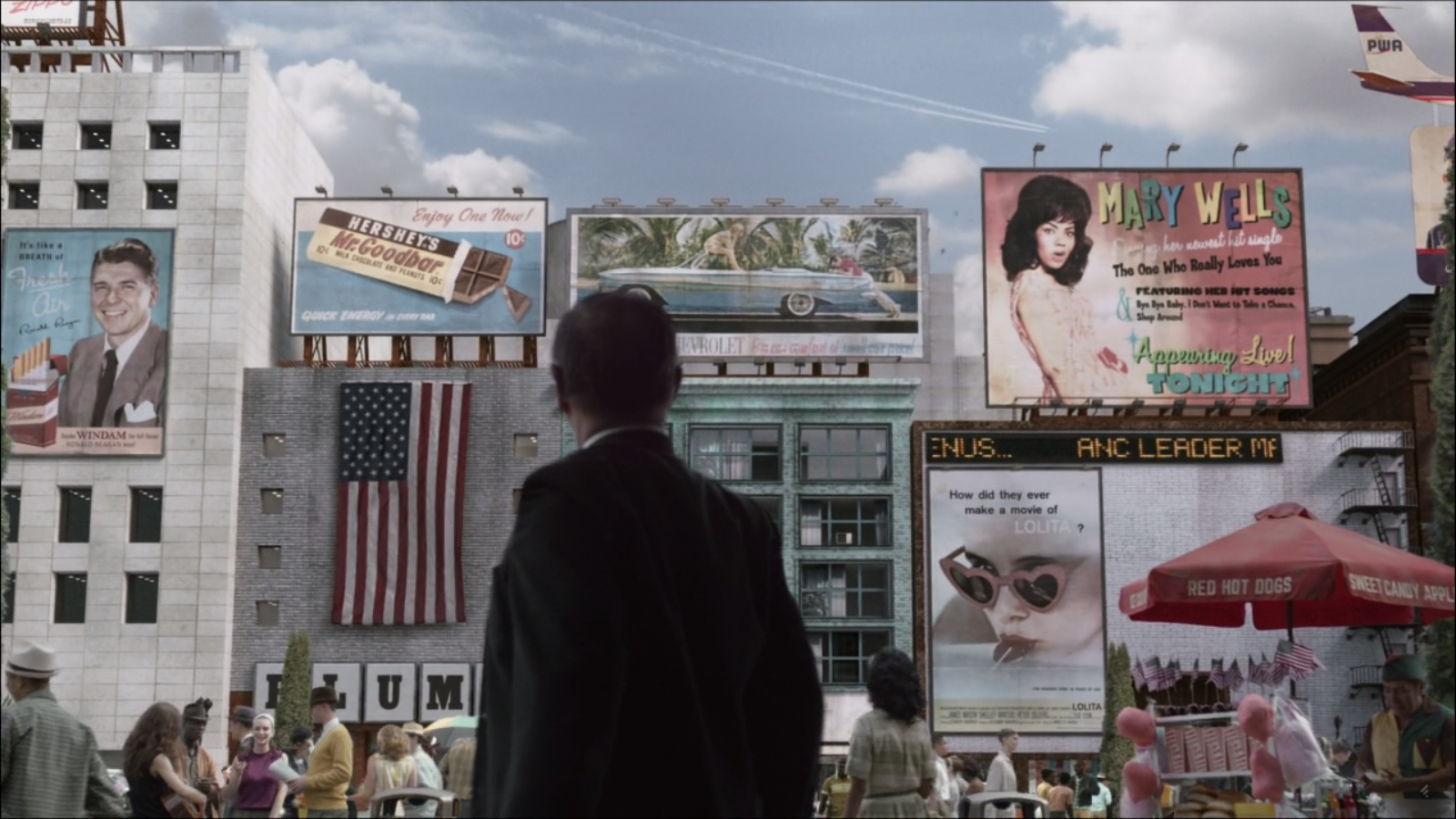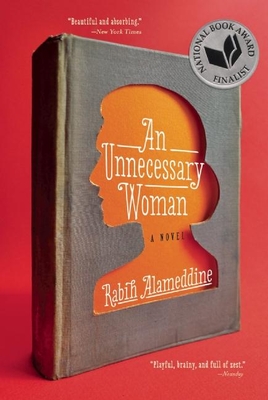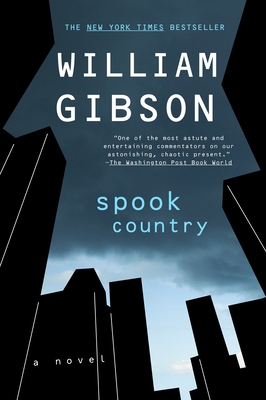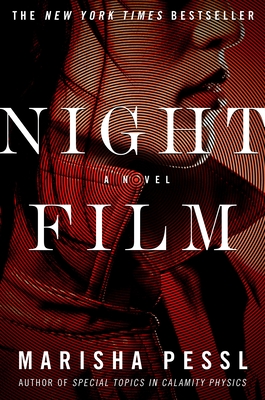Nabopop: Humbert Humbert in The Marvelous Mrs. Maisel
A Humbert Humbert reference in episode 6, season 4 of Amy Sherman-Palladino’s The Marvelous Mrs. Maisel! It’s screen-captured below:
The show is available for streaming here.
Nabokovilia in Lauren Groff's Fates and Furies
There are not one but two parenthetical “Picnic, Lightning” nods at Lolita in Lauren Groff’s Fates and Furies, the first of which is
At last she nodded and bussed her tray and left; and as this was her last night at the residency, he wouldn’t see her again. [Her death would be soon and sudden. Ski tumble; embolism.] (135)
The second occurs near the end:
When, a few years later, an attorney contacted her on her phone at the theater where Lotto was helping to cast his new play, she listened intently. Her uncle, the attorney said, had died [carjacking; crowbar]. (329)
Other Lolita nods:
Thoughts of Mathilde had become amagnetic, rebounding off her, spinning outward, ending up hopelessly tangled in thoughts of an Asian nymphet cooing at him in a schoolgirl’s kilt, as fantasies tended to. (127)
She was six feet tall in bobby socks. In heels, her eyes were at his lip line. She looked up at him coolly. (38)
When the Halsmans Met the Nabokovs
I had the opportunity to write about Philippe Halsman’s portraits of Vladimir Nabokov. The story’s up at Magnum Photos.
Nabokovilia in Elif Batuman's The Idiot!
Nabokov's Lectures on Literature shows up in Elif Batuman's The Idiot:
In the bookstore, waiting for Svetlana to finish comparing different editions of Beowulf, I started flipping through Nabokov's Lectures on Literature, and my attention was caught by a passage about math. According to Nabokov, when ancient people first invented arithmetic, it was an artificial system designed to impose order on the world. Over the course of centuries, as the system grew more and more intricate, "mathematics transcended their initial condition and became as it were a natural part of the world to which they had been merely applied... The whole world gradually turned out to be based on numbers, and nobody seems to have been surprised at the queer fact of the outer network becoming an inner skeleton."
Suddenly, all kinds of things I had learned in school seemed to fit together. Could it be true, what Nabokov said -- that the abstract calculations had come first, and only later turned out to describe reality? (109)
Nabokov in The X-Files!
Check out The Enchanted Hunter motel -- a nod to Lolita's The Enchanted Hunters hotel -- in this X-Files episode from the 2016 season, "Mulder and Scully Meet the Were-Monster." The episode was written by Darin Morgan, who is no stranger to awesome Nabokov references. His 1996 X-Files episode, "Jose Chung's From Outer Space," features a space overlord named Lord Kinbote.
Lolita Spotted in The Man in the High Castle
Check out the Lolita poster in this frame from The Man in the High Castle!
Nabopop: Pale Fire in Noah Baumbach's Mistress America
Check out Greta Gerwig holding Vladimir Nabokov's Pale Fire in Noah Baumbach's lovely, effervescent, way way funny Mistress America!
Nabokovilia: Martin Amis's "Oktober"
I was carrying a book: the forthcoming “Letters to Véra,” by Véra’s husband, Vladimir Nabokov. But the voices around me were unrelaxingly shrill—I could concentrate on what I was reading, just about, but I could extract no pleasure from it. So I took my drink back into the foyer, where the pianist, after a break, had resumed. The businessman was still on the phone; as before, we were sitting two tables apart, and back to back. Occasionally I heard snatches (“Have you got any office method where you are? Have you?”). But now I was slowly and appreciatively turning the pages, listening to that other voice, V.N.’s: humorous, resilient, full of energy. The letters begin in 1923; two years earlier, he sent his mother a short poem, as proof “that my mood is as radiant as ever. If I live to be a hundred, my spirit will still go around in short trousers.”
When January dawned in 1924, Vladimir (a year older than the century) was in Prague, helping his mother and his two younger sisters settle into their cheap and freezing new apartment. (“Jesus, it’s called basic gumption. Do you know how you spell that?”) These former boyars were now displaced and deracinated—and had “no money at all.” (“5C? No. Obviously. 4C. 4C, for Christ’s sake.”) Vladimir himself, like his future wife, the Judin Véra Slonim, had settled in Berlin, along with almost half a million other Russian fugitives from 1917. And in Berlin the two of them would blithely and stubbornly remain. Their lone child, Dmitri, was born there in 1934. The Nuremberg Laws were passed in September, 1935, and they began to be enforced and expanded after the Berlin Olympics of 1936; but not until 1937 did the Nabokovs hurriedly decamp to France, after a (seemingly never-ending) struggle with visas and exit permits and Nansen passports.
(...)
All ambient sounds suddenly ceased, and the businessman was saying, “D’you know who this is? Do you? It’s Geoffrey. Geoffrey Vane. Geoffrey. Geoff. Yeah. You know me. And you know what I’m like. . . . Right, my patience is at an end. Congratulations. Or, as you’d say, super. . . . Now. Get your fucking Mac and turn to your fucking e-mails. Do you understand me? Do you understand me? Go to the communication from the fucking agent. The on-site agent. You know, that fucking Argy—Feron. Fucking Roddy Feron. Got it? Now bring up the fucking attachment. Got it? Right—fucking 4C.”
Nabokov Sighting: Mary Karr's The Art of Memoir
From Mary Karr's The Art of Memoir:
"If I didn't have to pay out the wazoo to quote from better books than my own, I'd have way more Nabokov in here."
NaboPop: Nick Cave's "20,000 Days on Earth"
In the very Nabokovian documentary 20,000 Days on Earth, Nick Cave recalls the very earliest memory of his dad: Him reading Lolita to him, admiring the writing, and Cave admiring his father. "He became a greater thing," Cave says. Lolita recurs in the movie -- it pops up briefly in the opening sequence and will return at crucial moments. Some screencaps below.
Nabokov Sighting in Knausgaard's American Travels
Karl Ove Knausgaard travels across America, retraces Norwegian and Viking trails across the country, makes this observation: "I loved it not only because I had finally seen something in the United States that Humbert and Lolita could have seen — a fabulous entry for Nabokov’s catalog of American monuments, wonders and reconstructions — but also because it struck me that the image of reality that this particular reconstruction presented was, in a curious way, absolutely true."
From My Saga, Part 2.
Part 1 is here.
Nabokovilia: David Mitchell's Number 9 Dream
A million thanks to Anne Stevens for this awesome bit of Nabokovilia: "On p. 28 of Number 9 Dream by David Mitchell there is a movie poster reading 'The Life and Times of John Shade.'"
Nabokovilia: Rabih Alameddine's An Unnecessary Woman
An observer would receive the wrong impression from this salacious tableau. Their ages were wrong, I thought. Incompatible. Insidious Nabokov insinuated himself into my dreams once more, not allowing me to lose myself in watching what was before me, not allowing me to engage life. Hannah was my Humbert, the lieutenant the ingenue. Fire of my loins. They fucked, no other term can be used. Hannah and her lieutenant fucked and fucked.
(...)
...I won't translate Lolita even though I've always wanted to. It's against the rules. Nabokov's earlier work in rowdy Russian I could. "But in my arms she was always Lolita."
"Lo. Lee. Ta."
My memory has aged into an unruly child but is still quite precocious. (47-8)
Nabokovilia: Jenny Offill's "Dept. of Speculation"
I was going to be an art monster instead. Women almost never become art monsters because art monsters only concern themselves with art, never mundane things. Nabokov didn’t even fold his own umbrella. Vera licked his stamps for him.Quote spotted in these two James Woods New Yorker pieces:
Nabokovilia: Nabokov's Creepy Bathtub in Gibson's Spook Country
He was bouncing along at some insane speed on something that reminded him of a creepy folding rubber bathtub that he'd once seen Vladimir Nabokov posing with in an old photograph. (344)
Sighting: Nabokov's Flamboyant Footnotes in the New Yorker

More recently, footnotes have been employed to postmodern effect: Vladimir Nabokov and David Foster Wallace used them flamboyantly; writers such as Nicholson Baker applied them from a softer palette.
From Nathan Heller's "Save Footnotes" in the New Yorker
Nabokovilia: Edward St. Aubyn's Lost for Words
"It's lucky Proust or Nabokov aren't competing this year," said Vanessa, "or Henry James, or Tolstoy, or anyone who sold a novel because word got put that it was worth reading, like Dickens or Thackeray, or..."
"All right, all right," said Jo, "we all know you've read every book under the sun, but I think Malcolm has a very good point. If I had my way I would add, 'No pseuds and no aristos.'" (P. 83)
More on Edward St. Aubyn.
Nabokovilia & Nabokomaybilia: Marisha Pessl's Special Topics in Calamity Physics & Night Film
Marisha Pessl's first novel, Special Topics in Calamity Physics, features a pretty clear case of Nabokovilia:
"You're a sick, sick liar! You're evil!"
I threw Lolita (Nabokov, 1955).
"I hope you die a slow death riddled with unbearable pain!"
Although deflecting the books with his arms, and sometimes legs, Dad didn't stand up or try to restrain me in any way. He remained in his reading chair.
"Get a hold of yourself," he said. "Stop being so melodramatic. This isn't a miniseries on AB --"
I hurled The Heart of the Matter (Greene, 1948) at his stomach, Common Sense (Paine, 1776) at his face. (461)
I'm nearly done reading Pessl's sophomore (and excellent) Night Film, which doesn't have anything quite so clear, though there's a strong possibility of some Nabokovian nods:
She was Beckman's latest housekeeper. Ever since his beloved wife, Véra, had died years ago from cancer, Beckman, totally unable to take care of himself, hired a multitude of petite Russian women to do it for him. (48)And another possible Nabokov nod:
"Need some help?"
"Yes," said Nora, setting a book she'd been leafing through -- Signs, Symbols, & Omens -- back down on the stand. "We were hoping someone could help us identify some herbs and roots that we found in strange patterns in our friend's room." (229)




















